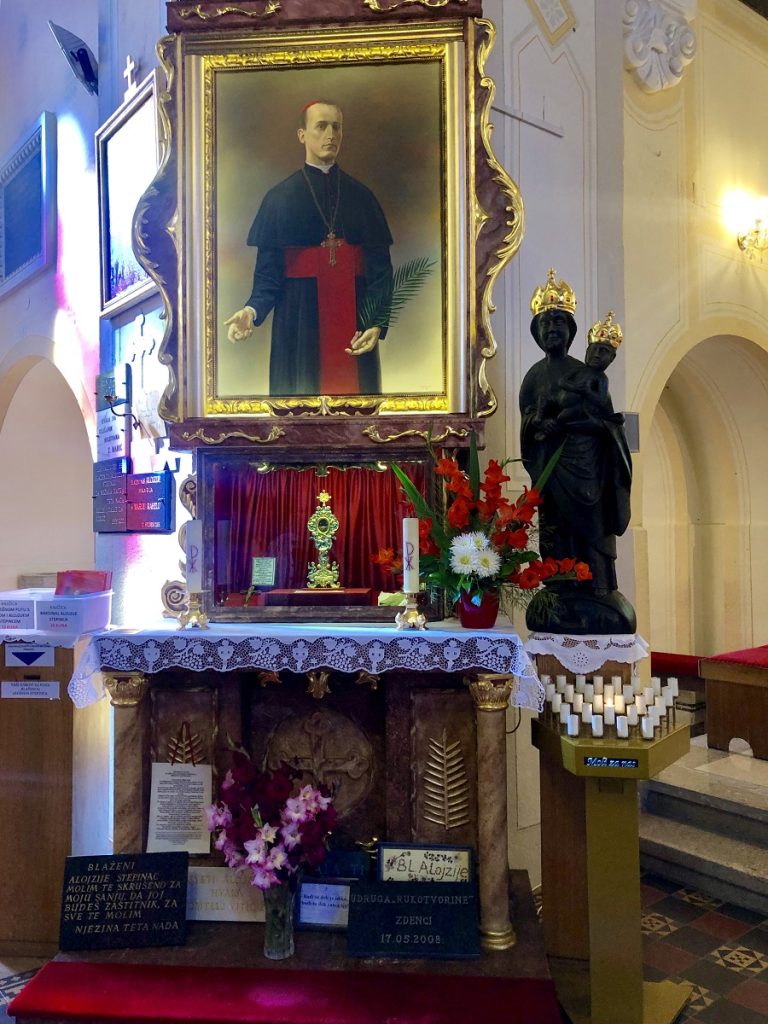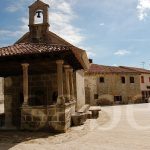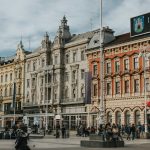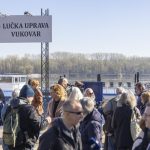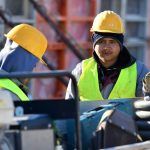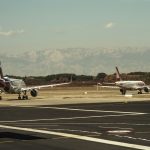July 31, 2019 – As previously reported on TCN, the first Domovina Birthright Program took place in Croatia this month, an initiative between the American Croatian Association of Professionals, and the Croatian Government.
The idea of the program is to take the young adults of Croatian descent (ages 18 – 30), who wish to learn about their heritage, explore Croatia, connect with their Croatian identity and meet other young Croatian adults on an amazing trip to Croatia.
Kristiana Banđen is one of the 34 initial participants in the program, and she has kindly agreed to document her journey as she explores the country of her heritage. Over to Kristiana for Day 6-7:
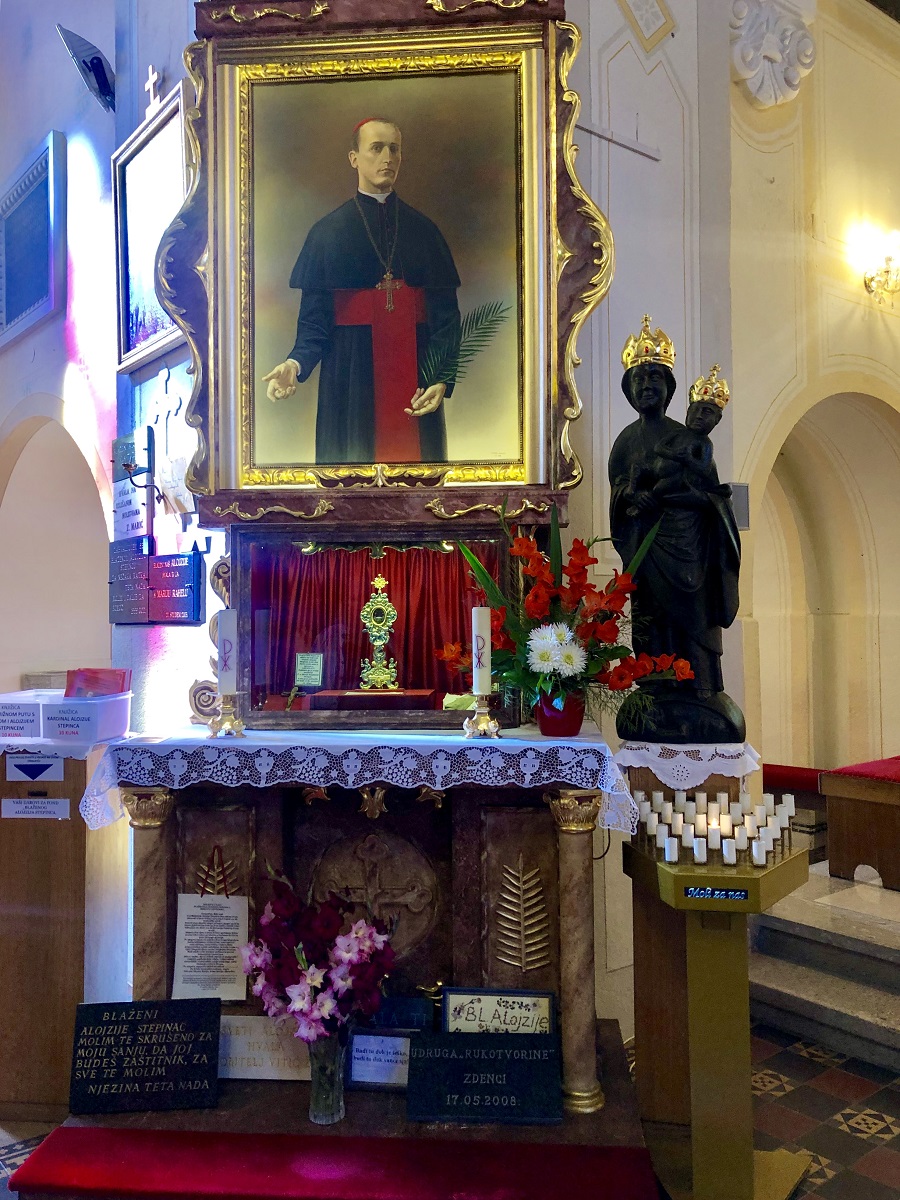
Visiting Istria was two of our most packed days on the trip. One of my favourite sites to see was in Krašić, when we had the opportunity to visit the home of Cardinal Stepinac. Led by Krašić’s local priest, Ivan Vučaq, we had the opportunity to see the chapel the Cardinal used when he was under house arrest and the bed he took his last breath on. Cardinal Stepinac was a very important man in history for our nation, and we all really enjoyed learning more about his life. Inside his home, we were shown photos and records of his trial which led to his arrest. Even though he is buried in the cathedral in Zagreb, his history lies in Krašić. Inside the local church, you can find a mantle devoted to him, with a handkerchief bearing his blood and the bone of his pinky finger inside a glass display.
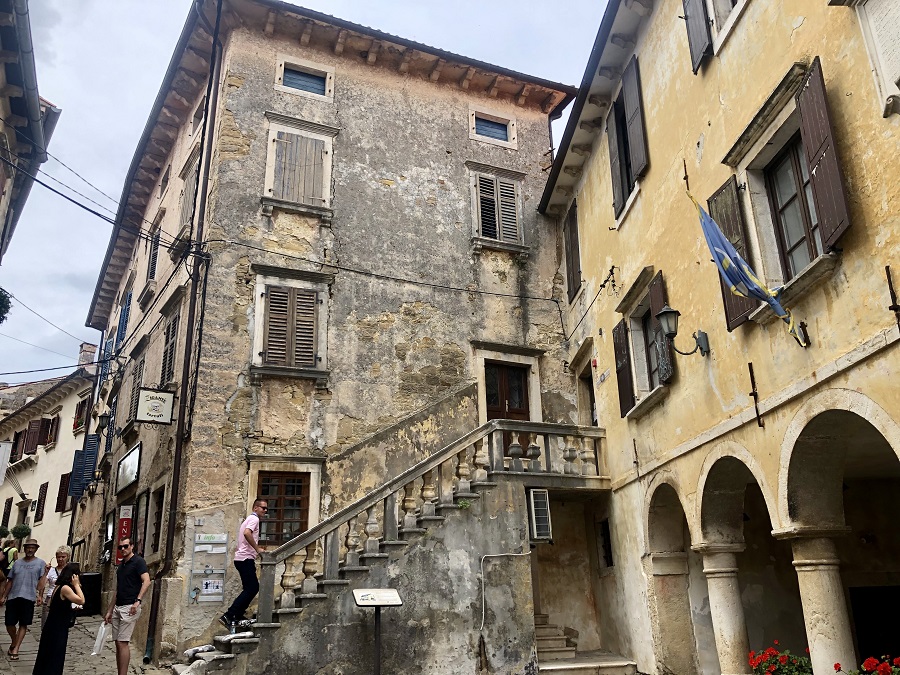
On our way to lunch, we visited Grožnjan, a city which takes up most of the Istra peninsula and the only settlement to have an Italian influence. After a quick tour of the town, we ate traditional dishes for the Istra area at Tavern Jadruhi just outside of Grožnjan.
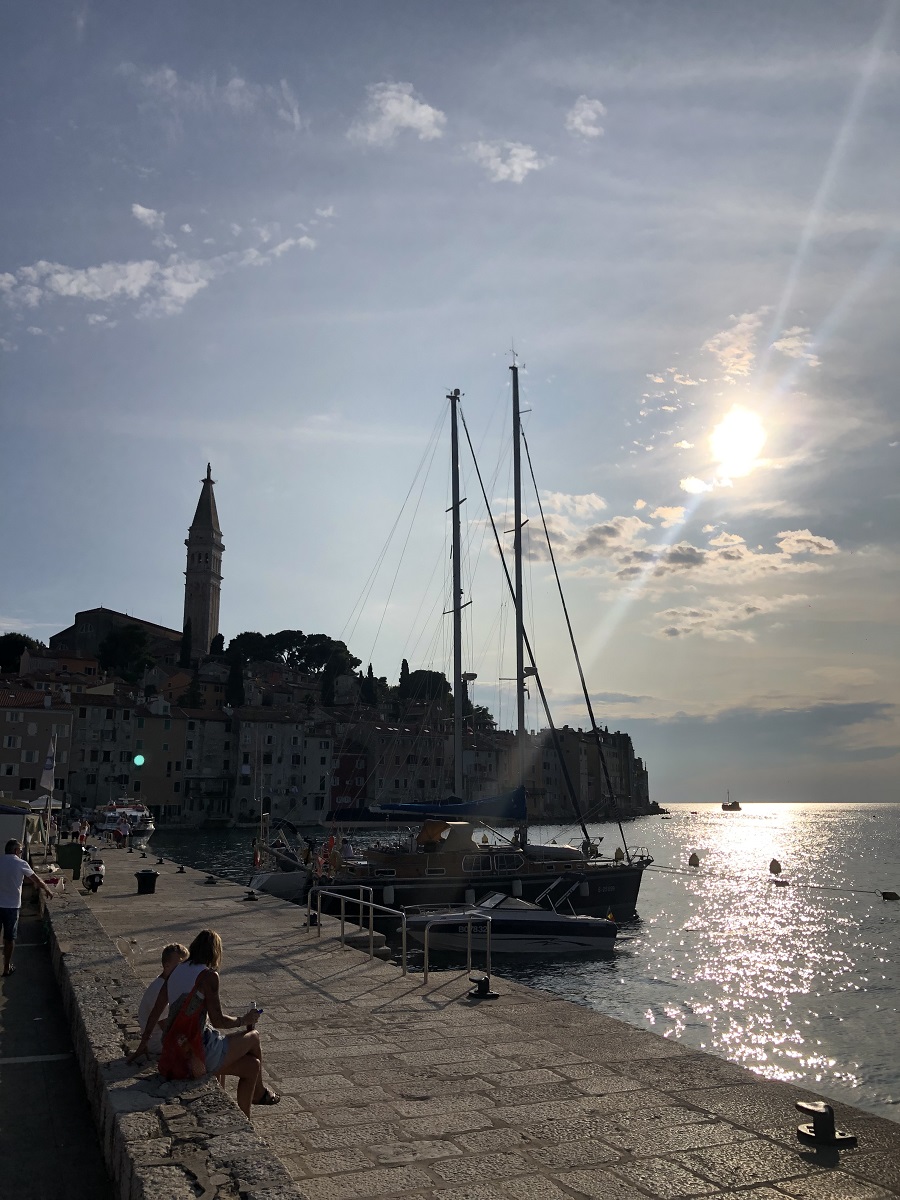
Grožnjan was beautiful, but my favourite city in the Istra region was Rovinj, which is where I wished we had the opportunity to spend more time! Nonetheless, I am glad we had a quick visit after lunch. It was my first time visiting Rovinj and I will definitely be back. Its cute quaint streets are so colourful and there are so many shops with amazing artists selling their art.
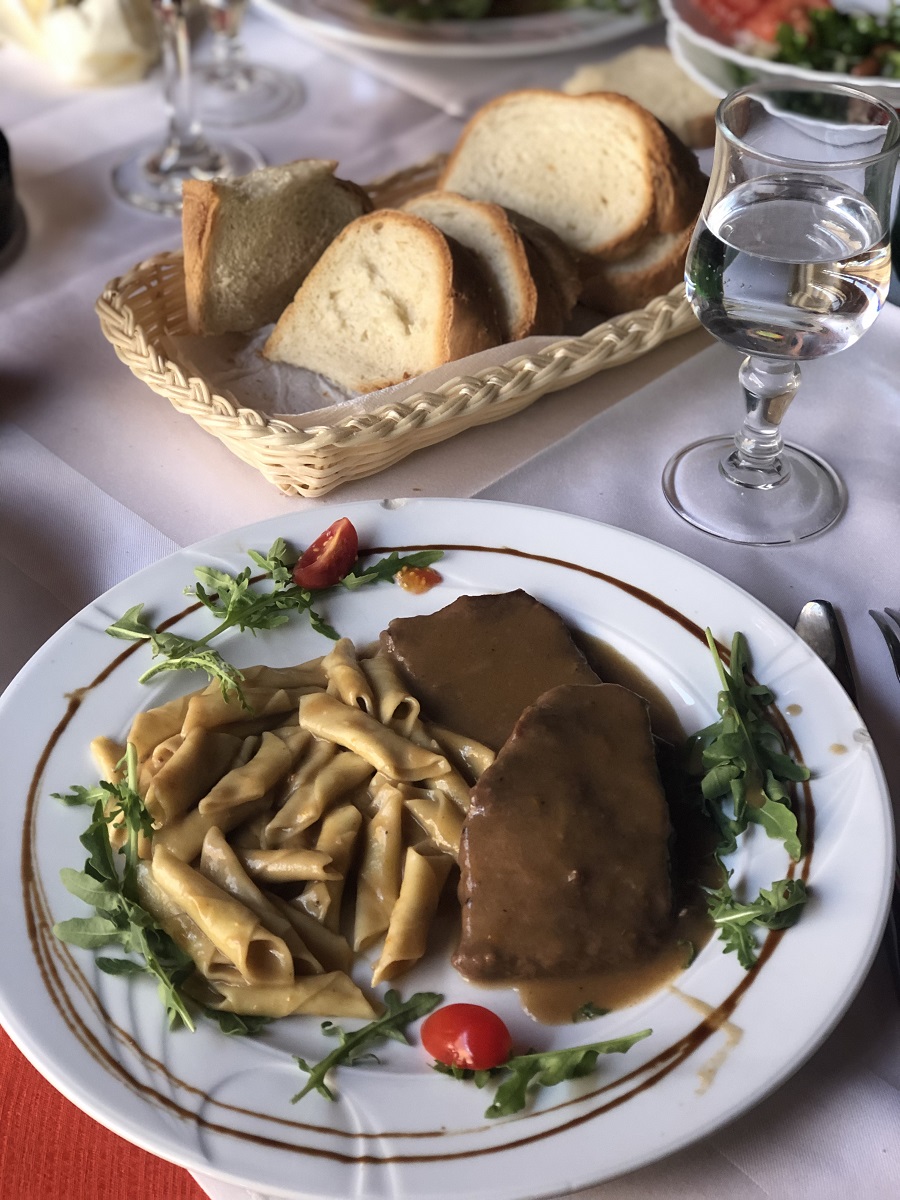
After Grožnjan, we drove to Pula where we were based to sleep and spent the next morning visiting the Pula aAena. Built in 27 BC – 68 AD, it is one of the last remaining Roman amphitheaters to have three architectural orders completely preserved and among six of the largest Roman arenas left standing in the world. I have visited the arena once before, but the opportunity to view it with a private guide made me appreciate the architecture and history of where once gladiators fought. Under the arena, in the subterranean tunnels, there is an exhibition of Roman objects and a display of how wine and olive oil were processed during that time. Today, apart from being one of Croatia’s largest tourist attractions, it is also used to host concerts. During our stay in Pula, the arena housed the Pula Film Festival, which is held there every summer.
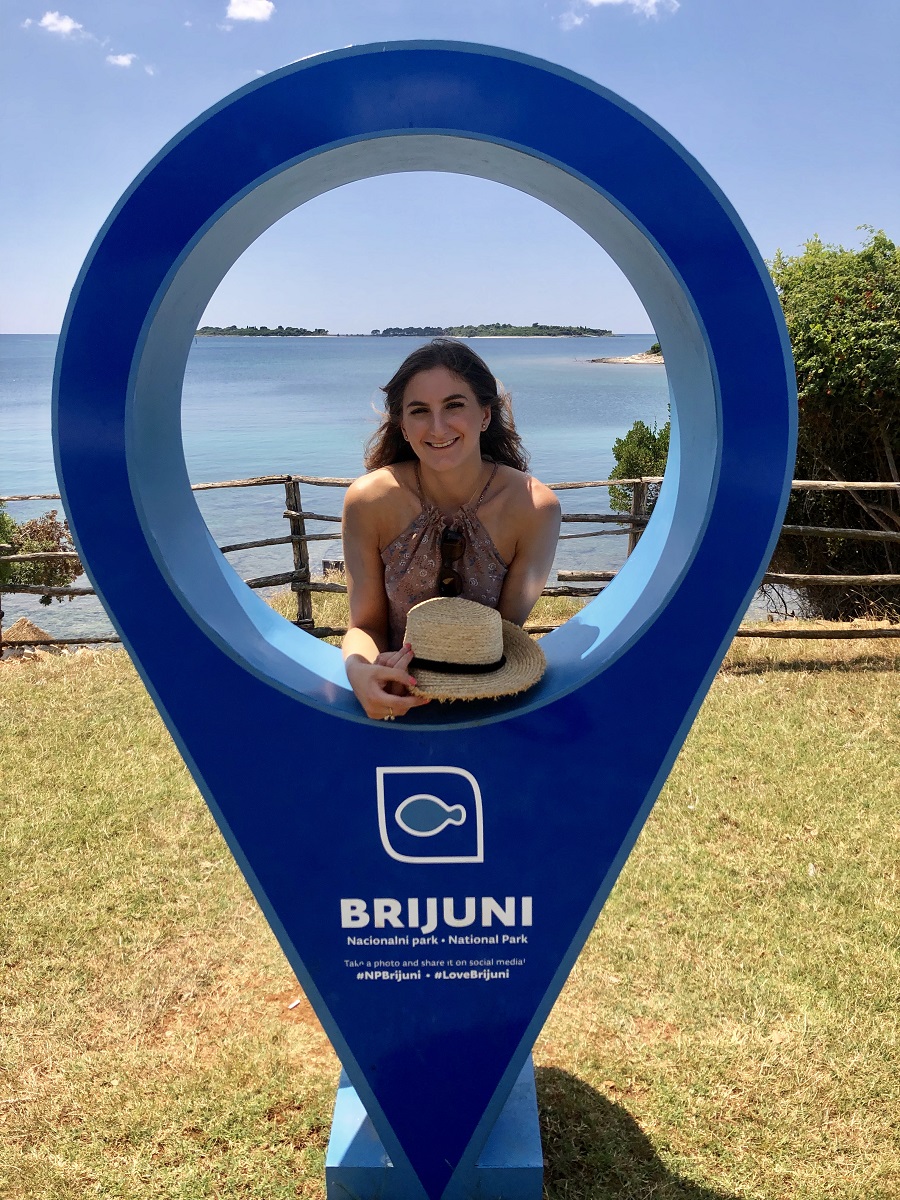
After concluding our tour, we arrived by ship to Brijuni National Park. Brijuni was another first visit for me and most definitely not my last. Its pristine waters made swimming amazing (but really, swimming everywhere in Croatia is amazing). Apart from getting a little time in the sun, we had refreshments and a meeting with the park board followed by a train tour of the island.
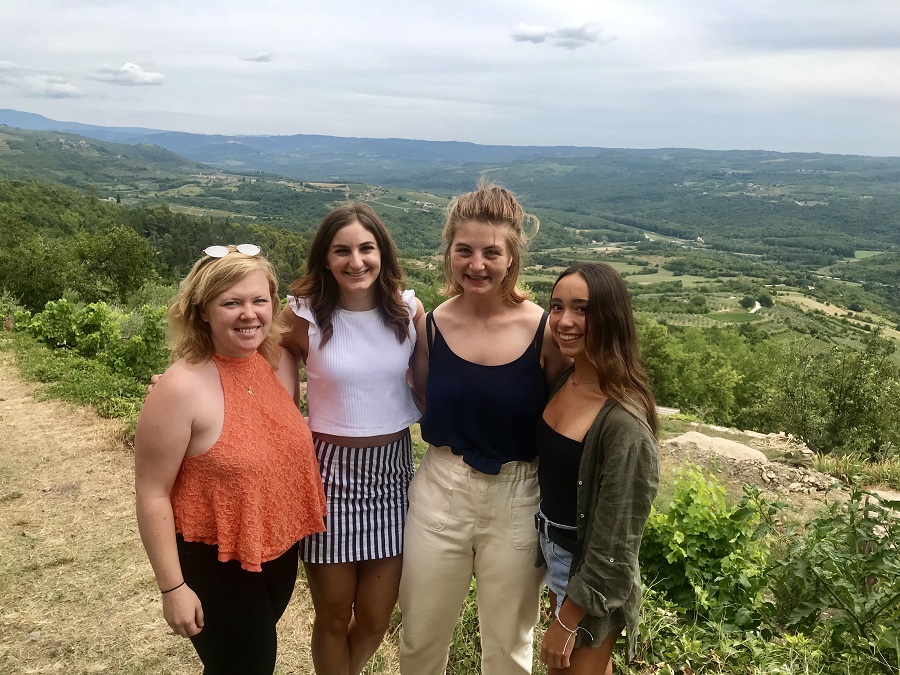
To end off our Istra adventure, we stopped in Bale for a tour before dinner back in Pula. Bale was another one of my favourite cities in the region. It is small, with only just over 1000 habitants, but holds a lot of character, showcasing elements of Venetian Gothic churches and medieval streets as a symbol of the Roman past. The church of St. Julian holds so much history beneath it, in its museum. My favourite part of Bale was the Soardo-Bembo Palace, a museum, but also holds the most amazing view from the top floor. I was lucky to end off our Istra visits from the windowsill of the palace to catch the beautiful sunset over the town!
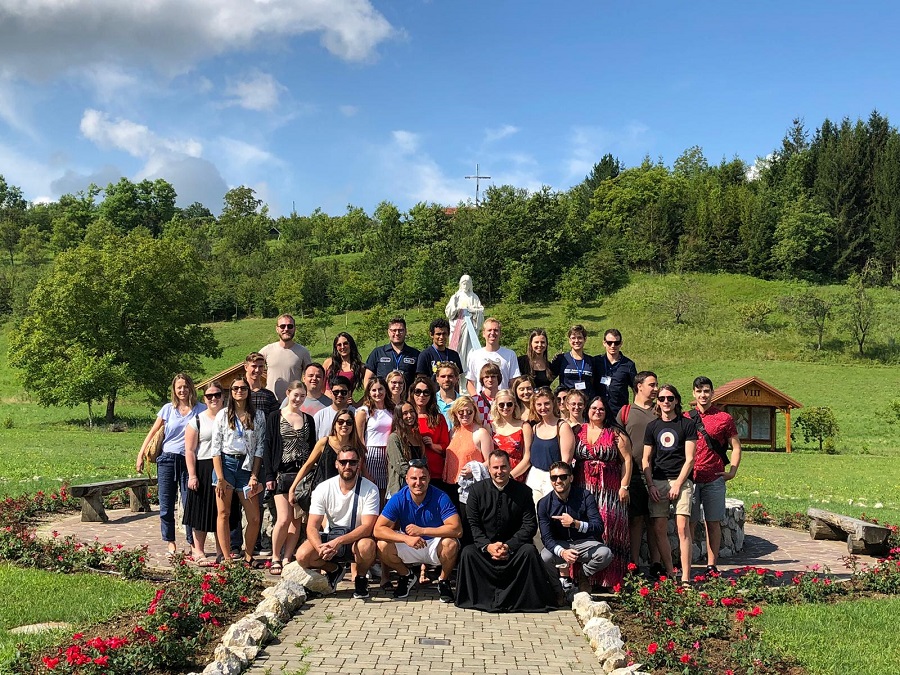
Next up: Smiljan and Knin!
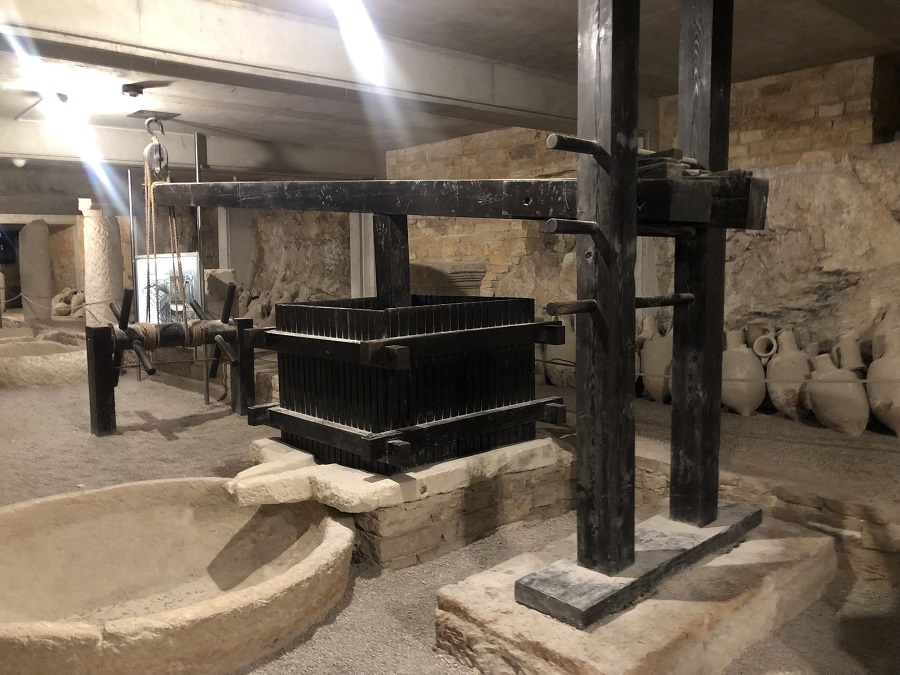
To follow the latest news from the Croatian diaspora, follow the dedicated TCN section.

